The musical biopic is a staple of the Hollywood economy. Like an Airfix model kit it comes with the necessary parts presupplied: sex, drugs and a soundtrack. All the director need do is glue them together. Actors are keen too, as portraying musicians is like prospecting for Oscars: in recent years the lives of Edith Piaf, Ray Charles and Johnny Cash’s wife June Carter have all won statuettes for their stars. The life of Miles Davis, with its giant musical peaks and deep personal troughs, is tailor-made for the big screen. But for years he couldn’t be captured in a bottle.
It hasn’t been for want of trying on the part of Don Cheadle, who stars in, directed, produced and took a co-writing credit on Miles Ahead. Despite the support of Davis’s son, daughter, nephew and first wife Frances Taylor, the film was trapped in a pipeline for aeons. While he waited, Cheadle had plenty of time to turn himself into a trumpeter good enough to perform onstage in the film’s coda with Davis collaborators Herbie Hancock and Wayne Shorter (although it’s not him on the soundtrack). He proudly plays a clip of him on his phone, sobbing out a sliver of the solo from ‘Nefertiti’. ‘I never knew it was going to happen,’ he says, ‘but if it was going to happen I knew that I wanted to have that facility for sure. I didn’t want to be faking stuff.’
That was eight years ago. It has taken all that time to get to the point where he can sit cool and crosslegged on a sofa at a junket with the film in the can. The wait was so long that it easily outstrips Davis’s five-year fallow period in the 1970s when he stopped making music and concentrated on scoring drugs and dressing blingily. Rather than do the obvious thing and home in on Kind of Blue, the story of how Davis escaped that period and finally returned to music is the plot of Miles Ahead.
‘As a storyteller,’ says Cheadle, ‘that’s the period that makes me lean in. It’s very Miles Davis to me. It’s playing what’s not there. It’s the down note before the crescendo. It’s important to me to deal with it in a way that he would have dealt with it — something that’s impressionistic and fluid and innovative, not something that feels like the Cliff Notes of Miles Davis’s life.’
The sniffier jazz scholars will need to prepare for cardiac arrest because, like an improvised jazz solo unfolding on the hoof, the 1970s section of the script is an almost entirely invented blaxploitation caper. Only the flashbacks to his tempestuous marriage to Frances Taylor, the dancer and muse whose face adorns the cover of Davis’s 1961 recording Some Day My Prince Will Come, are more securely anchored in biopic territory.
Jazz has a history of eluding the clutches of scriptwriters. Aside from Clint Eastwood’s Bird about Charlie Parker, most film-makers have kept it freeform: Spike Lee’s Mo’ Better Blues, Bertrand Tavernier’s Round Midnight, Woody Allen’s Sweet and Lowdown, and, most recently, Whiplash made everything up. But still, why did Miles Ahead stay unmade for so long?
Cheadle explains that every category it belonged to decreased the pot. ‘It’s jazz — there’s shrinkage there. Period? “Oh, we just did it again.” It’s black cast: “OK, now everything you’re saying is making me try and see how I’m going to make a return on my investment.” This is the whole bugaboo. Is it really true that black movies don’t sell overseas? If you don’t sell them, sure. I know people who sell movies overseas who say, “When I’ve got the films in my briefcase and one of them is that whatever movie that’s got the black cast I don’t even pull that one out because the presumption is they’re not going to buy it.” It becomes a fait accompli and a self-fulfilling prophecy.’
Cheadle resorted to crowdfunding, deferred his own fee, and cast Ewan McGregor. McGregor plays a chancer who claims to write for Rolling Stone and seeks an interview with the reclusive Davis. Based on an actual journalist who can’t be named for fear he’ll sue, the part was always in the script but it became apparent that it needed to be played by an actor whose name would loosen purse strings. Which meant probably a white actor. ‘If Denzel Washington said, “Oh, I’ll play that part,” you wouldn’t need a white actor. You need a piece of international casting that will allow them to say, “Oh, I know how to sell that.”’
Cheadle is very much a mainstream figure in the US — a co-lead in the Ocean’s Eleven trilogy; star of a long-running Showtime comedy about unscrupulous management consultants called House of Lies; for several years he was the face of the NFL’s Super Bowl commercials. But he has long experience of the laborious business of raising money for more challenging projects. He was co-producer of Crash, the ensemble film about racial tensions in Los Angeles. ‘We had to put 17 actors in it to make it make sense for someone to pay for it. And still it was made for $6.8 million.’ It won the best picture in 2006.
On the first day of shooting Hotel Rwanda, in which he played a hotelier who sheltered Tutsis fleeing genocide, he got a call from his agent. ‘He said, “OK, there’s no money in the escrow.” “What are you talking about?” “There’s no money to pay anybody.” The producer just maxed out his credit cards and floated it until someone said, “All right.” I mean, this is not atypical.’
At least he was nominated for an Oscar, as was his co-star Sophie Okonedo. In a good year for black actors: Jamie Foxx and Morgan Freeman won gongs. So what did Cheadle make of the #oscarsowhite campaign a decade on? ‘It’s not to me about what happens in the late winter,’ he says. ‘That’s a symptom of what’s not happening where the decisions are being taken about what movies to greenlight. Junior executives are not being groomed to be in positions to make those decisions.’
There is an argument that the film industry is a capitalist enterprise pragmatically catering for a majoritarian mainstream of white teenage males. ‘Which might be synonymous with racism when you pars it and break it down and it’s put into practice. But I don’t expect [change] in a place that hasn’t ever really dealt with the root causes.’
In the meantime, he’s one of those actors who believes ‘a movie can be so impactful that it snaps everybody’s head around and people have to pay attention’. Hotel Rwanda got him invited on to a congressional delegation by two congressmen who thought its story could be used as a model for preventing genocide in Sudan. Cheadle even co-wrote a book about Darfur.
‘And things started to kind of snowball. I know it had an impact because Condoleezza Rice called me into her office to tell me to tell my friends to shut the fuck up. It was very interesting. I was like, “Wow, you’re the Secretary of State and that’s how you’re going to use your office, to tell me to tell activists to be quiet.”’
What did he say?
‘Nothing, because I wanted to leave.’
Got something to add? Join the discussion and comment below.
Get 10 issues for just $10
Subscribe to The Spectator Australia today for the next 10 magazine issues, plus full online access, for just $10.

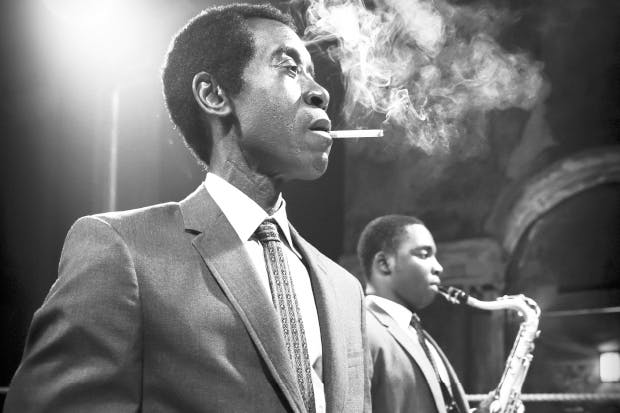
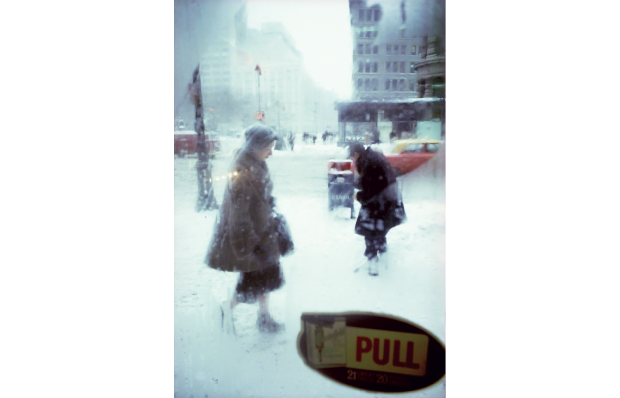

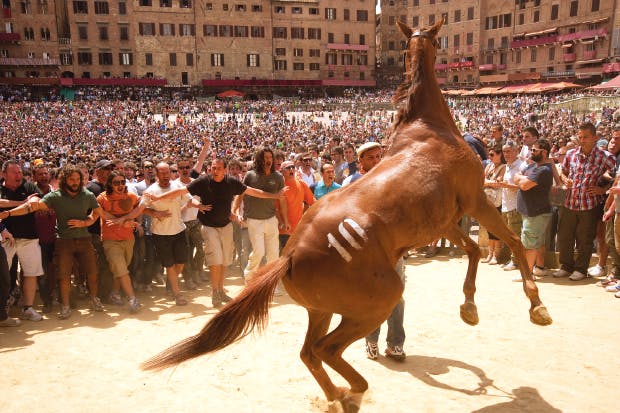
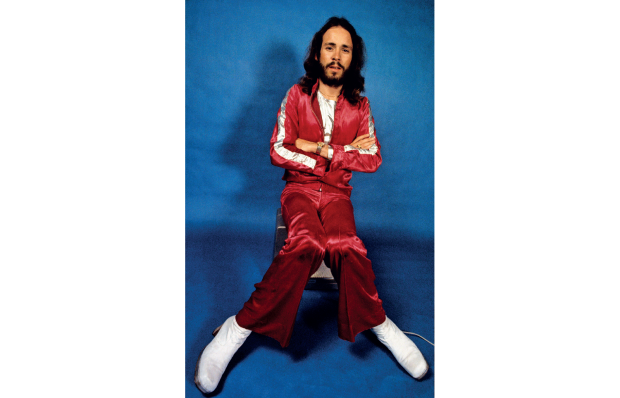
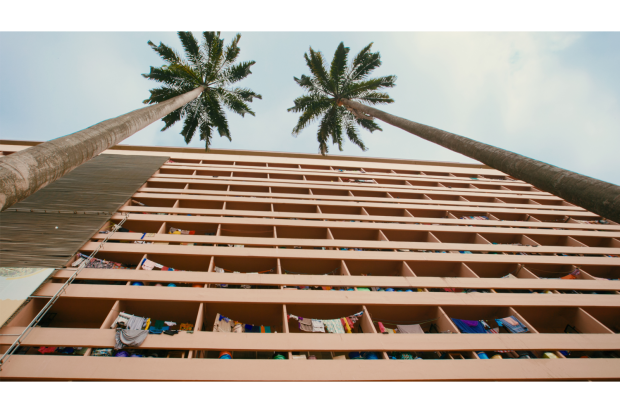







Comments
Don't miss out
Join the conversation with other Spectator Australia readers. Subscribe to leave a comment.
SUBSCRIBEAlready a subscriber? Log in